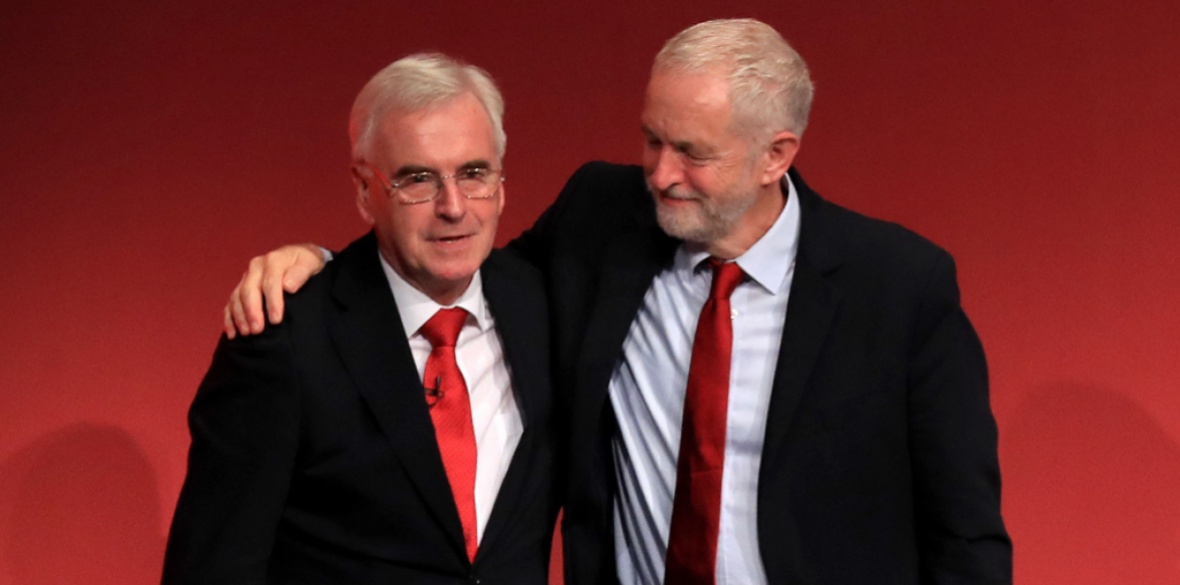This is the last article you can read this month
You can read more article this month
You can read more articles this month
Sorry your limit is up for this month
Reset on:
Please help support the Morning Star by subscribing here
WOMEN leaders in the trade union movement are beginning to get the recognition they deserve. For too long, despite making up over half of the membership of unions and the TUC gaining Frances O’Grady as general secretary, the labour movement still suffers from a white male and stale image.
Although Janice Godrich would be the first to say leadership begins in the workplace, few will be aware of her successfully being elected 17 consecutive times to the PCS presidency. And today she is standing for the general council of the TUC.
Her almost unparalleled mandate and heady heights of union leadership seem a world away to when she started in the Selly Oak unemployment centre back in 1981.
“I haven’t forgotten those days,” she says with a wry smile.
“It was very different back then. We still called it the ‘dole office’ and I remember walking out in solidarity with the nurses’ pay dispute in the ’80s.
“Working through the ’80s and becoming an active trade unionist, the miners’ strike was a major inspiration. Despite the defeat, I used those experiences of campaigning to play my part in the anti-poll tax marches.”
The success of the trade union movement in defeating Thatcher’s Act showed Godrich that, despite the defeat in ’84-5, workers had to continue to mobilise where they could.
That affinity with the underdog and seeing those losing out in society being represented and ultimately winning some degree of victory is what motivates Godrich.
“I never set out to be president of my union. I originally wanted to serve my local community, help people in my home town of Birmingham find work,” she says.
“As president I have taken that attitude into the role. I don’t sit in HQ. I am constantly out and about meeting reps and visiting workplaces across the length and breadth of our wide-ranging union. It is that process of engaging with members that enables you to be in touch with the real issues they face.”
Through her vast experience, Godrich has realised that simply fighting fires is important but not enough. Identifying the reasons for inequality, why people were unemployed or exploited even when they had a job, put her into the orbit of socialist ideas at a young age and this political development has continued to this day.
One of her earliest political influences was Scottish socialist educator and organiser John MacLean.
But lofty aims of socialism both at home and internationally haven’t distracted Godrich from dealing with immediate tasks that face members of her union.
PCS recently launched a pay campaign designed to end the pay cap. Due to draconian anti-trade union laws, despite a record turnout of 41 per cent, civil servants were not allowed to strike as they did not make the 50 per cent threshold on turnout.
Godrich is visibly disappointed but not downbeat.
She says: “One of the successes that came from it was the sense of unity it embedded within our union. We saw a fantastic effort from our full-time officers, our lay reps in terms of maximising our efforts to win the ballot.
“The government should think very carefully now about engaging us properly on pay. We haven’t gone away and we are doing a root-and-branch analysis of where we are strong and where we can improve for next time.”
Does she mean that PCS will push for a national strike on pay next year if nothing changes?
“Yes absolutely. I have no doubt we will ballot again,” she says emphatically.
Alongside recruiting more reps and increasing density where PCS organises, Godrich says the union is looking into the possibility of challenging the government on postal balloting, suggesting it may contravene Article 11 of the Human Rights Act on freedom of association.
“There is no doubt postal balloting played a key part in not making the threshold,” she says.
“This is twofold, as many members put their work down as their home address meaning ballots often get delivered to huge workplaces and never find the individual member. And many younger members have never posted a letter.
“E-balloting is clearly a logical and fair way of asking whether people want to go on strike and I will be pushing the TUC to pressure the government to change the law.”
The union recently held its annual conference where it overwhelmingly backed the election of a Jeremy Corbyn-led Labour government.
Godrich is excited at the prospect and heaps praise on Corbyn and shadow chancellor John McDonnell.
“They have always been friends of our union while back-bench MPs when it maybe wasn’t fashionable to so openly advocate union policies,” she said.
“They supported us with solidarity on picket lines and raising issues in Parliament. But most importantly they supported us on our alternative plan to austerity. This was at a time when it was viewed with scepticism by some in the movement and yet today it is now a mainstream position.
“By having the support of John and Jeremy it helped build the confidence of people to know there is a practical alternative to austerity.”
This confidence and lay member mentality is something that drives Godrich and, if she is elected to the council, she will certainly be a challenging voice which no-one will be able to ignore.











